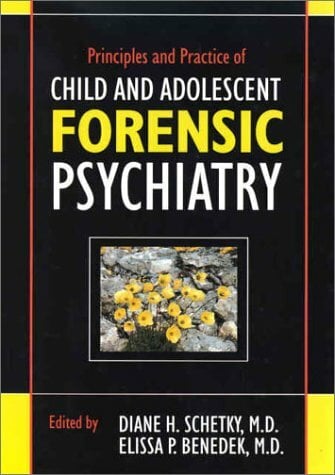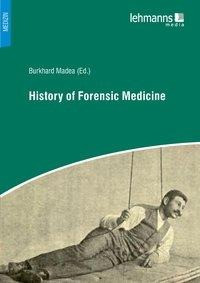
History of Forensic Medicine
Kurzinformation
inkl. MwSt. Versandinformationen
Artikel zZt. nicht lieferbar
Artikel zZt. nicht lieferbar

Beschreibung
Forensic Medicine is an old medical discipline defined as "that science, which teaches the application of every branch of medical knowledge to the purpose of the law" (Alfred Swaine Taylor). Forensic Medicine deals with medical evidence not only in practice but also in research and furthermore all legal essentials in health care especially for doctors are part of teaching, training and research. Several steps in the development of Forensic Medicine can be distinguished: . At first the use of medical knowledge for legal and public purposes. . Secondly the compulsory medical testimony for the guidance of judges. . Thirdly the professionalization as an own academic discipline. The development and existence of a speciality of Forensic Medicine depends essentially on two factors: on a sufficiently high development of the law and on a sufficiently high development of medicine. The period of professionalization of Forensic Medicine as an own academic discipline started in the 19th century, especially in Paris, Vienna, London, Edinburgh, Berlin. Since than the world has changed dramatically and we are now witnesses of a rapid, deep-rooted social cultural, legal and technological transformation. Already 40 years ago Professor Bernhard Knight wrote in a survey on legal medicine in Europe: "In all aspects of life, the exchange of information on an international level can do nothing but good and legal medicine is no exception." This book on the History of Forensic Medicine is an approach in this direction. Forensic Medicine has a long and rich tradition since medical expertise has to face legal questions and new questions and developments raised by the society. The aim of this book is to address the state of Forensic Medicine in different countries worldwide. With contributions from Europe, China, Japan, the United States and the United Arabic Emirates. von Madea, Burkhard
Produktdetails

So garantieren wir Dir zu jeder Zeit Premiumqualität.
Über den Autor
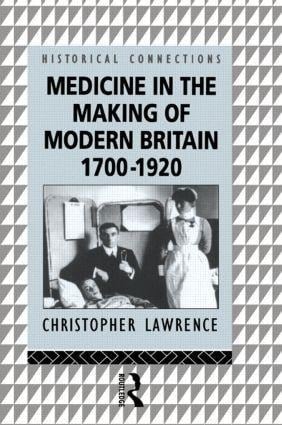
- Taschenbuch
- 120 Seiten
- Erschienen 1994
- Routledge

- Kartoniert
- 232 Seiten
- Erschienen 2007
- Maudrich

- Gebunden
- 503 Seiten
- Erschienen 2012
- Wiley

- Gebunden
- 388 Seiten
- Erschienen 2020
- Wiley-VCH

- paperback
- 320 Seiten
- Erschienen 2002
- Routledge
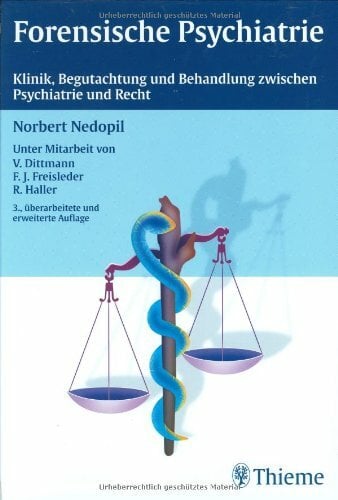
- Hardcover -
- Erschienen 2007
- Thieme
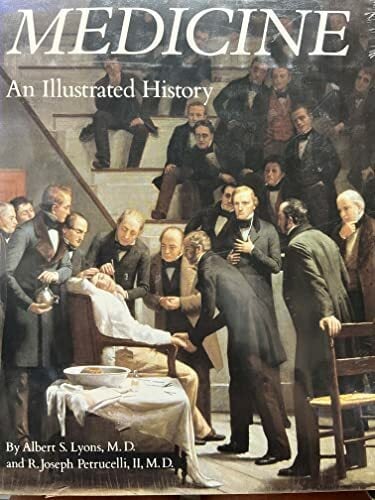
- hardcover
- 616 Seiten
- Erschienen 1997
- Harry N. Abrams, Inc.

- Hardcover -
- Erschienen 2008
- Springer

- hardcover
- 272 Seiten
- Erschienen 2014
- Schattauer

- Gebundene Ausgabe
- 252 Seiten
- Erschienen 2020
- American Psychological Asso...










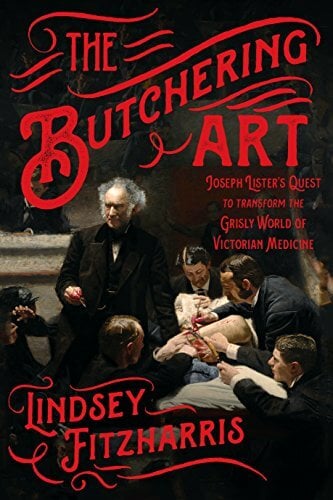

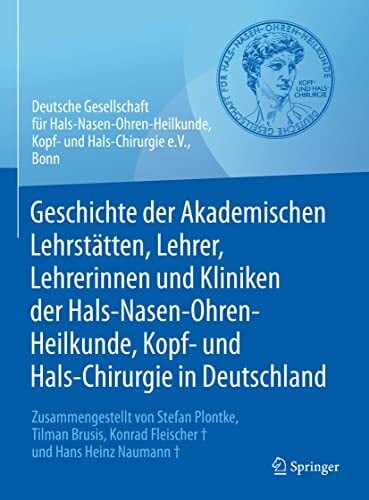















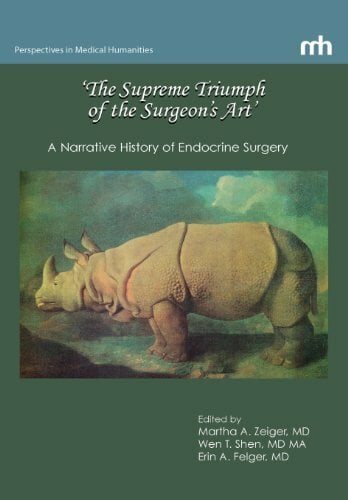


![Medical Practice in Twelfth-century China – A Translation of Xu Shuwei’s Ninety Discussions [Cases] on Cold Damage Disorders: A Translation of Xu ... Damage... Medical Practice in Twelfth-century China – A Translation of Xu Shuwei’s Ninety Discussions [Cases] on Cold Damage Disorders: A Translation of Xu ... Damage Disorders (Archimedes, 54, Band 54)](https://d3k2uuz9r025mk.cloudfront.net/media/image/35/d8/a6/1740049173_428682517335.jpg)


